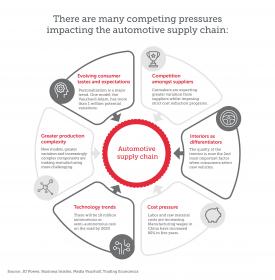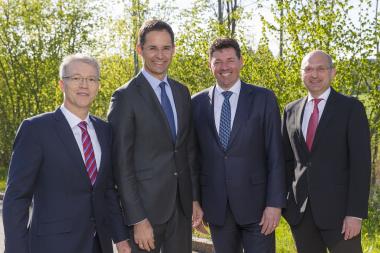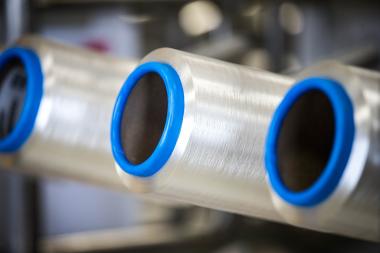Lectra white paper: Digitalization Of The Automotive Cutting Value Chain
The automotive market is undergoing a period of great change. Global demand for light vehicles is increasing, but at slower rates than seen in previous years, and this is resulting in ever greater competition between carmakers. At the same time, the technological capabilities that can be offered are advancing rapidly. Areas such as autonomous driving, connectivity, interior comfort and the customization of vehicles in line with personal taste are becoming key ways that manufacturers can differentiate themselves and win market share. Indeed, automotive supplier Lear, recently unveiled a new biometric ‘smart’ seat, that tracks a driver’s health indicators.
These trends are having a knock-on effect for suppliers. For original equipment manufacturers (OEMs), being able to satisfy diverse consumer preferences is now considered more of a success factor than getting a vehicle to production faster than the competition. Across the automotive supply chain — and especially for those involved in the production of car seats and interiors — a growing emphasis on interior styling and luxury components has created new challenges that are further compounded by increasing cost pressures.
Although news coverage about the automotive industry tends to focus on such innovations as ‘driverless’ cars and ‘intelligent’ vehicles, one of the most farreaching changes occurring is this trend towards personalization: how automotive manufacturers are managing to make mass-produced items unique. Not only are manufacturers increasing the number of models they are offering but also the options available to a consumer per model. The Vauxhall Adam is a case in point: consumers can have more than 1 million different combinations when they order the car.
To cope with these challenges, suppliers will need to re-evaluate and improve their production processes. Within this context, the integration of smart solutions and services, and the replacement of production tools that are incompatible with connected factory concepts, will be vital. The combination of Software as a Service (SaaS) with the cloud is already opening up new horizons for innovation. Factories remain at the heart of the value chain. But Industry 4.0 is revolutionizing mass production, allowing more and more large-scale, personalized — and profitable — manufacturing, with greater quality and no added costs or delays.
As customer expectations reach new levels, it is especially important that suppliers in the automotive cutting value chain ramp up their transformation, adopting the technologies and services shaping Industry 4.0. For years, OEMs and suppliers alike have used foam and frames to develop patterns for producing seat covers in material or leather. The automotive industry was among the first to use sophisticated 3D computer-aided design (CAD) programs for the design and development of vehicles. But it has taken time for this technology to be used extensively for seat covers. Although 80% of fabric seating and interiors are currently cut digitally, only 10% of leather seats are cut using this method. The majority of suppliers of automotive leather seating still rely heavily on manual cutting equipment, such as die and roller presses.
To gain the agility and flexibility to remain relevant and competitive in a market that is dictating more change, variants, and faster reaction times, close cooperation between OEMs and suppliers is necessary. For if even one aspect of the process fails to provide sufficient flexibility, speed to market and consistent quality, then the entire chain will be impacted.
In such a complicated and fast-moving market, only the most adaptable and innovative companies will succeed. The solutions that form part of the Industry 4.0 framework will help give suppliers the capacity to adapt and thrive in this new environment. For more Information please find the complete White Paper attached.
Lectra










